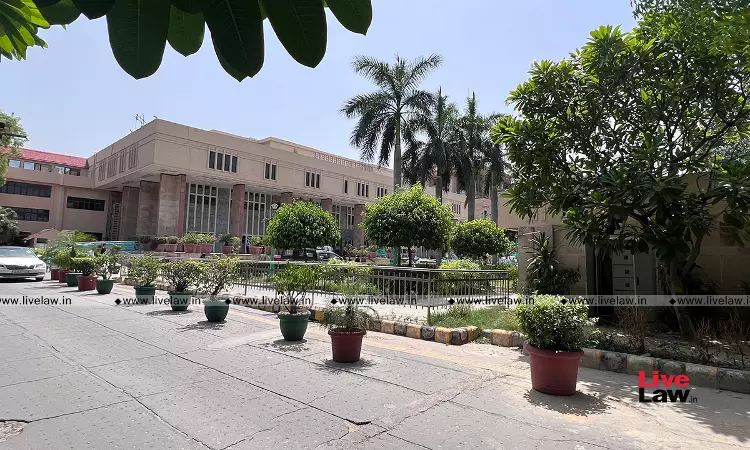Designation Of Venue Would Override A Generic ‘Exclusive Jurisdiction’ Clause: Delhi High Court
ausaf ayyub
16 Aug 2023 2:15 PM IST

Next Story
16 Aug 2023 2:15 PM IST
The Delhi High Court has held that a venue where the arbitral proceedings were anchored is essentially the ‘seat of arbitration’ and it would override a generic exclusive jurisdiction clause. It held that a generic exclusive jurisdiction clause is not a contrary indicia that prevents the venue from becoming the seat of arbitration. The bench of Justice Sachin Datta held that for...
